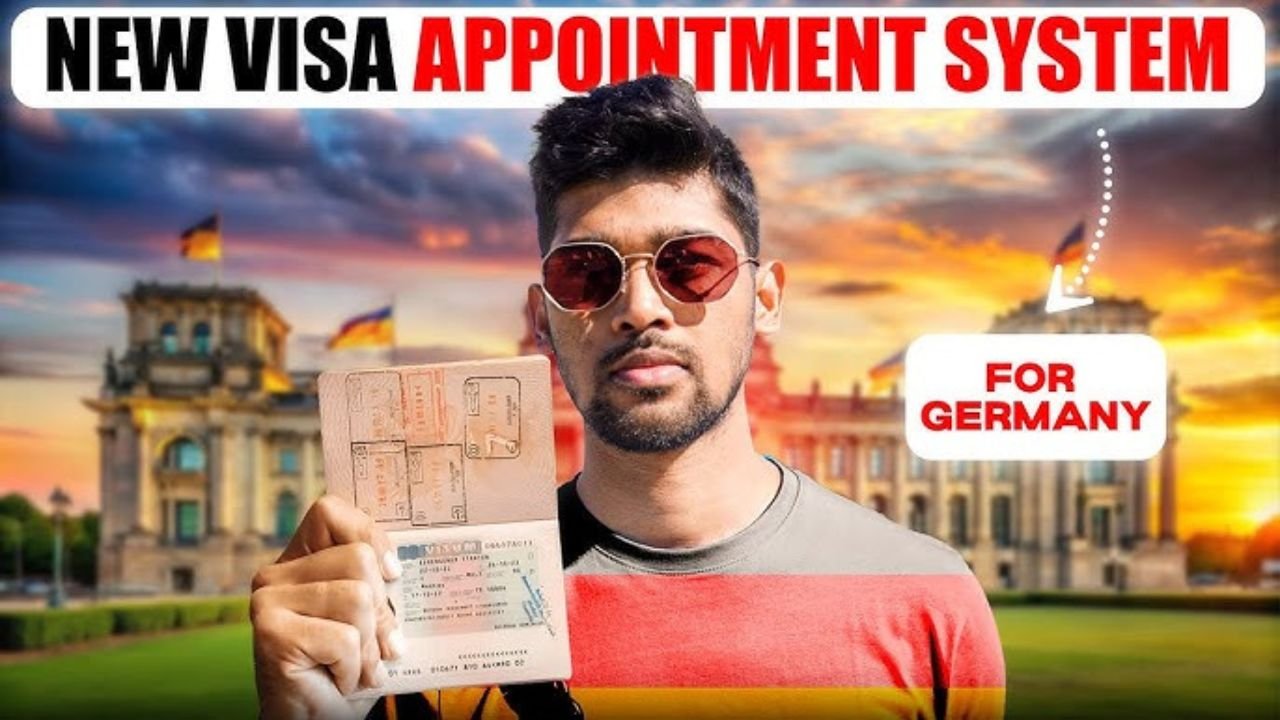The labor shortage led Germany to greatly reform the visa application process for foreign workers within recent times. The new visa changes have been in effect as of April 2025, whereby alterations were made that primarily involve simplification of the application process and also the introduction of new categories of visa with some consolidated requirements. This guide is thus useful in exploring the updated process for obtaining Germany work visa and provide a step-by-step guide for all interested applicants.
Introduction of the Opportunity Card
Working most vividly since its advent into the German Immigration Settings, the Opportunity Card, famed as a points-based visa system for job seekers, has been introduced into this scheme. This visa allows people to live in Germany for one year in search of employment.
Points are given based on qualification skills, language, work experience, and age, which helps to make the selection transparent. What matters most is this: with such a visa, applicants do not need to have a job offer before entering Germany.
Revised Salary Thresholds and EU Blue Card Eligibility
Germany has also adjusted the salary thresholds to let qualified professionals into the country with less work. In the standard work visa, it is sufficient to have a job offer with an annual gross salary of €43,470.
Candidates for the EU Blue Card can be foreign university graduates in the last three years provided that their position in Germany offers at least 45.3% of the annual pension insurance assessment ceiling (€43,759.80 in 2025). In the case of other jobs, the threshold is at 50% (€48,300).
Streamlined Process for IT Specialists
For purposes of attracting IT talent, Germany has relaxed its IT personnel requirements. Reduction of work experience from three years to two years was implemented; academic qualification ceased to be a requirement; and German language skills ceased to be an additional requirement for granting a visa. For the salary benchmark, an income of at least €43,470 gross per annum or being within collective agreements is required.
Improvements to Family Reunification Provisions
Family is very important in Germany and that is why they so do give provisions for better integration of skilled workers and families.
No longer need skilled workers to prove that their spouse and minor children have adequate living space, though if the residence permit was obtained after March 1, 2024, parents and parents-in-law of skilled workers can join them.
e-Visa Application System
Germany has fully digitalized its visa application process to the extent of obtaining efficiency since February 17, 2025.
True to their arrangement, the applicant submits the visa application duly filled and required documents via the Consular Services Portal. Then a biometric appointment is made at the German mission. This is aimed at reducing paperwork and expediting the whole process.
Apply step-by-step:
eligibility degree evaluation and occupation forecasting in the case of Germany.
- Get hold of the job offer wherever applicable.
- Get all the necessary documents including the passport, proof of qualifications, job offer, and proof of financial means.
- Fill out and submit the application via the Consular Services Portal.
- Book and attend an appointment for the biometric data enrollment.
- Keep on tracking the application status through the portal, while waiting for a visa decision.
- Travel arrangements are made to effect relocation once visa approval has been obtained.
Conclusion
Recent German visa reforms have made it much easier for skilled professionals seeking work in the country. Indeed, with the introduction of the Opportunity Card, general salary requirements raised, and digitization of the application process, Germany has embarked on a new initiative to lure the world in meeting its labor market needs.




